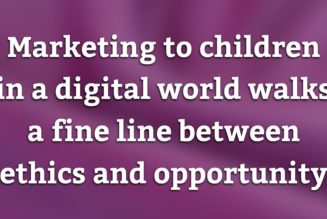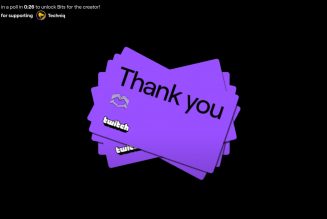
Facebook vice president of integrity Guy Rosen wrote in blog post Sunday that the prevalence of hate speech on the platform had dropped by 50 percent over the past three years, and that “a narrative that the technology we use to fight hate speech is inadequate and that we deliberately misrepresent our progress” was false.
“We don’t want to see hate on our platform, nor do our users or advertisers, and we are transparent about our work to remove it,” Rosen wrote. “What these documents demonstrate is that our integrity work is a multi-year journey. While we will never be perfect, our teams continually work to develop our systems, identify issues and build solutions.”
The post appeared to be in response to a Sunday article in the Wall Street Journal, which said the Facebook employees tasked with keeping offensive content off the platform don’t believe the company is able to reliably screen for it.
The WSJ report states that internal documents show that two years ago, Facebook reduced the time that human reviewers focused on hate speech complaints, and made other adjustments that reduced the number of complaints. That in turn helped create the appearance that Facebook’s artificial intelligence had been more successful in enforcing the company’s rules than it actually was, according to the WSJ.
A team of Facebook employees found in March that the company’s automated systems were removing posts which generated between 3 and 5 percent of the views of hate speech on the social platform, and less than 1 percent of all content that was in violation of its rules against violence and incitement, the WSJ reported.
But Rosen argued that focusing on content removals alone was “the wrong way to look at how we fight hate speech.” He says the technology to remove hate speech is just one method Facebook uses to fight it. “We need to be confident that something is hate speech before we remove it,” Rosen said.
Instead, he said, the company believes focusing on the prevalence of hate speech people actually see on the platform and how it reduces it using various tools is a more important measure. He claimed that for every 10,000 views of a piece of content on Facebook, there were five views of hate speech. “Prevalence tells us what violating content people see because we missed it,” Rosen wrote. “It’s how we most objectively evaluate our progress, as it provides the most complete picture.”
But the internal documents obtained by the WSJ showed some significant pieces of content were able to evade Facebook’s detection, including videos of car crashes that showed people with graphic injuries, and violent threats against trans children.
The WSJ has produced a series of reports about Facebook based on internal documents provided by whistleblower Frances Haugen. She testified before Congress that the company was aware of the negative impact its Instagram platform could have on teenagers. Facebook has disputed the reporting based on the internal documents.









